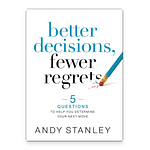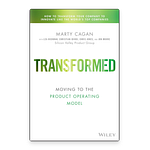The New Emotional Intelligence
Master your emotional skills for lasting success
Jul 08, 2025
∙ Paid
TheBookSummaries.com Podcast
Turn your downtime into opportunities for professional, intellectual and financial growth.
We've summarized the best business books un audiobook format.
Subscribe to get new books daily
Turn your downtime into opportunities for professional, intellectual and financial growth.
We've summarized the best business books un audiobook format.
Subscribe to get new books dailyListen on
Substack App
RSS Feed











